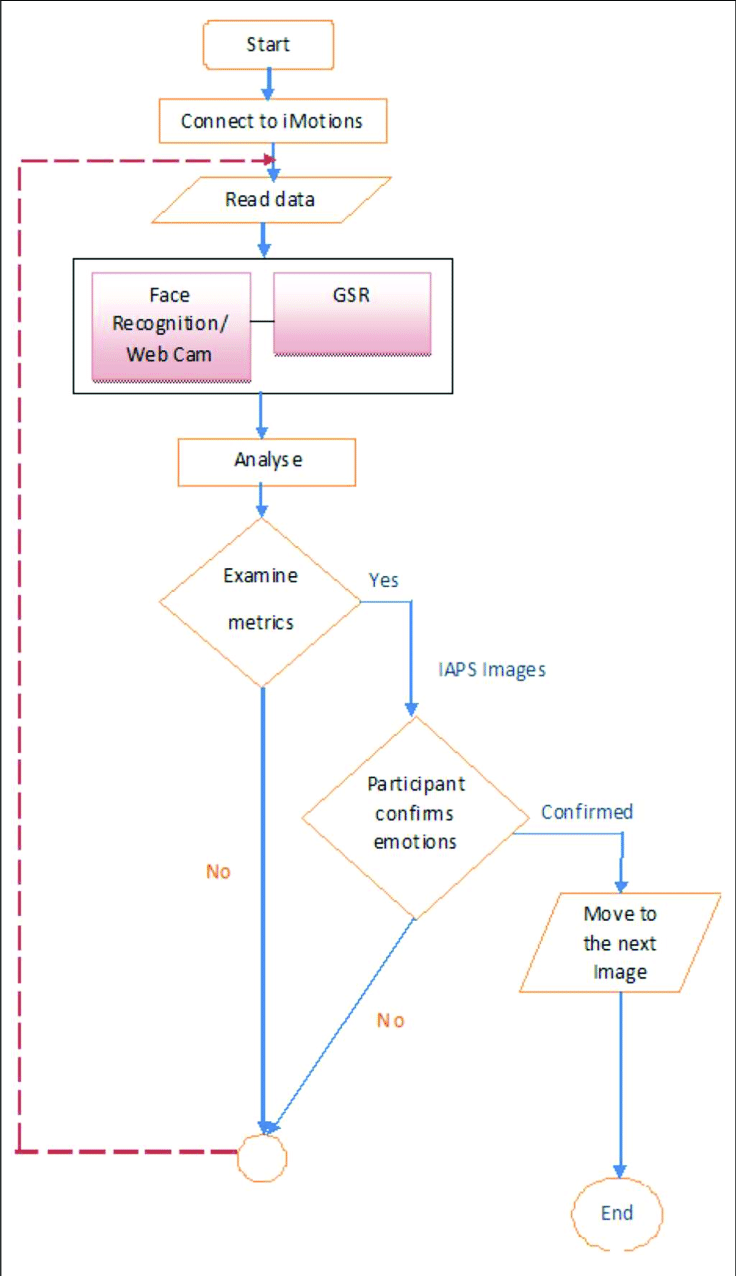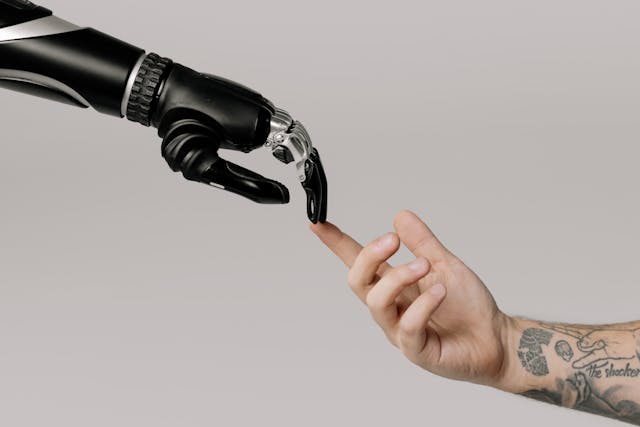For years, discussions of artificial intelligence (AI) have conjured images of hyper-intelligent machines outsmarting humanity – think Skynet and HAL 9000. But what if AI’s next major milestone isn’t greater intellectual prowess, but rather something far more human: emotions?
The Science of Synthetic Feelings
Researchers are delving deeper into affective computing, a field exploring how computers can recognize, simulate, and respond to human emotions. Imagine an AI system that can sense frustration in a customer’s voice, adjusting its responses for a smoother interaction. Or, perhaps an AI therapist that offers support based on real-time analysis of a patient’s facial expressions and tone.
“AI isn’t only about raw data and computation anymore. It’s increasingly about creating machines that can understand and interact with us on an emotional level,” explains Dr. Rosalind Picard, a leading researcher in affective computing at the MIT Media Lab.
The Benefits: From Marketing to Medicine
The commercial and social benefits of emotionally intelligent AI could be vast:
- Personalized Marketing: Ad campaigns tailored to your real-time mood. Sound creepy? Perhaps. But the technology could revolutionize how companies reach consumers.
- Mental Health Support: AI companions could be a lifeline for people struggling with loneliness or mental health conditions, offering empathetic support and identifying early warning signs of crisis.
- Education That Adapts: Imagine a virtual tutor that can sense a student’s confusion or boredom, modifying its teaching style accordingly for greater learning gains.
Ethical Minefield

Of course, emotionally aware AI raises serious concerns:
- Manipulation: Could hyper-personalized ads or political campaigns exploit our deepest feelings?
- Privacy Breaches: How much emotional data is too much, and who gets to control it?
- Artificial Friendships: Could AI companions create unhealthy dependencies or blur the lines between human and machine relationships?
“These technologies have enormous potential for good, but it’s crucial we develop AI with emotional awareness alongside rigorous ethical standards and public debate,” cautions Dr. Joanna Bryson, a leading AI ethics researcher.
The Future is Emotionally Charged
While the science of AI emotions is still in its relative infancy, the trajectory is clear. In the coming years, expect emotionally intelligent AI to move from research labs into our lives. Whether we’re ready for emotionally responsive machines is a question we must urgently address.
